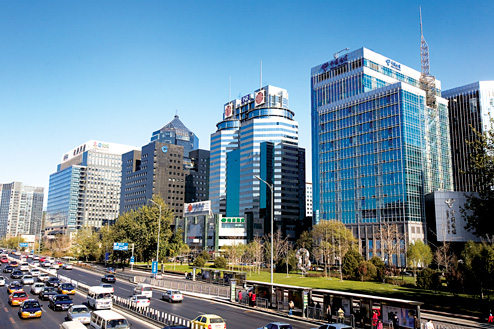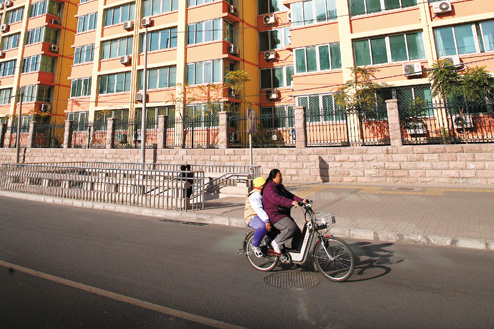Before You Arrive
Healthcare in Beijing is up to international standards, and the city can boast some of the best hospitals and doctors in China. Expats should have no trouble finding care, as English-speaking staff and high quality facilities are becoming commonplace even in some local hospitals.
Public hospitals often have VIP sections, which cater specifically to foreigners. Perks include English-speaking staff and a route around the long queues. Prices are much higher in these VIP wings, but they can still be half that of a western hospital. One downside to public hospitals is that you normally pay upfront, though credit cards are accepted. Most of them lack direct billing for foreign insurers, but it’s relatively simple to get reimbursed, so make sure you keep the paperwork. Another downside is that staff can often seem cold or uncaring. Bedside manner can be very different in China, and some patients may be unhappy with the lack of detailed or open discussion about their care.
You may want to find a general practitioner (GP) if you plan on staying in Beijing. They can handle annual check-ups, physicals, and seasonal health concerns, and direct you to help for larger issues. Inquire at any of the listed clinics, and ask friends or co-workers for recommendations.
Dental care, cosmetic surgery, psychological care, and other health-related services are now widely available to western standards, though prices can vary widely. The standard of medicines and blood supplies have been the focus of recent government attention, and a variety of support groups have sprung up to help those in need.
Public hospitals often have VIP sections, which cater specifically to foreigners. Perks include English-speaking staff and a route around the long queues. Prices are much higher in these VIP wings, but they can still be half that of a western hospital. One downside to public hospitals is that you normally pay upfront, though credit cards are accepted. Most of them lack direct billing for foreign insurers, but it’s relatively simple to get reimbursed, so make sure you keep the paperwork. Another downside is that staff can often seem cold or uncaring. Bedside manner can be very different in China, and some patients may be unhappy with the lack of detailed or open discussion about their care.
You may want to find a general practitioner (GP) if you plan on staying in Beijing. They can handle annual check-ups, physicals, and seasonal health concerns, and direct you to help for larger issues. Inquire at any of the listed clinics, and ask friends or co-workers for recommendations.
Dental care, cosmetic surgery, psychological care, and other health-related services are now widely available to western standards, though prices can vary widely. The standard of medicines and blood supplies have been the focus of recent government attention, and a variety of support groups have sprung up to help those in need.













